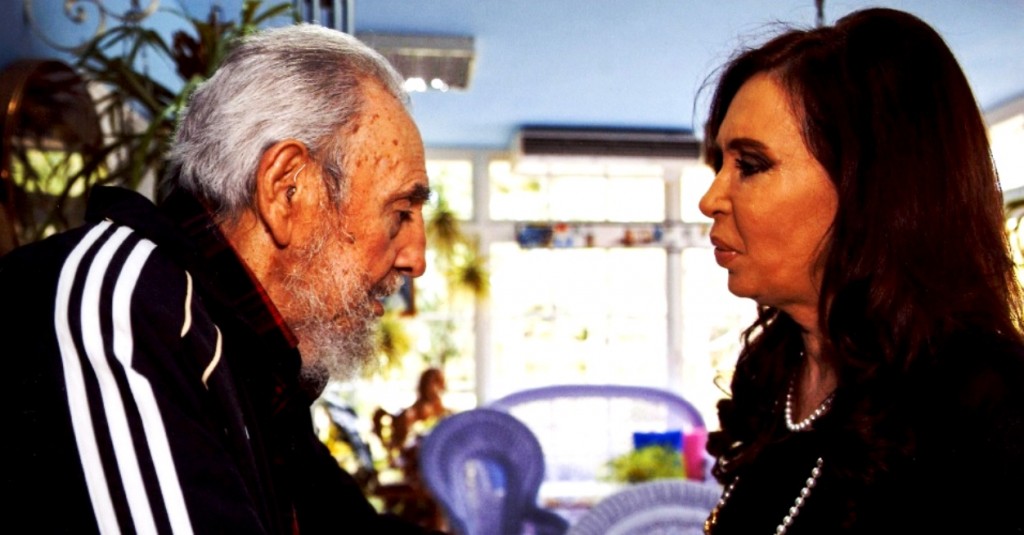President Raul Castro, January 2013
By Arch Ritter
Migratory reform. New cooperatives legislation. Tax reform. Conversion of pseudo-cooperative “UBPCs” to more authentic cooperatives. Liberalized markets for housing and cars. Liberalized regulations and taxation for small enterprise. And perhaps more to come as some of the “Lineamients” recommendations get implemented.
President Raul is seems to be trying to escape from Fidel’s shadow and create his own legacy as he proceeds to reverse some of the most foolish of his brother’s policies. Indeed future history will not view Raul as his big brother’s sidekick and will evaluate him more positively.
Every successive Raulista policy reform is a further condemnation of Fidel’s near-half century of personal rule in Cuba. No doubt Raul’s government would build a nice mausoleum for Fidel were he to die before Raul and Cuba’s media and speeches by Party members pour unanimous adulation on Fidel. But Fidel’s approach to the economy – not the polity – is being condemned by his own brother and by the Communist Party itself with every new reform measure.
Is anyone defending Fidel’s economic record? One looks in vain for any critical analysis from the Fidelista conservative “left” in the press, the universities, or even in the world of the pro-government bloggers. (Please let me know if I have missed this.)
Where are the defenders of Fidel’s approach to economic management? They have fallen silent because Fidel, his economic team and his policy approach have been discredited. Moreover, in Cuba’s one party system, Raul has all the means necessary to maintain unanimity and have the whole party and mass organization system move along with him. Interestingly enough, as far as I can determine, even the foreign Fidelista “friends”, opportunists, sympathizers, and sycophants remain largely unanimous in abandoning Fidel’s economic approach and backing Raul’s reforms.
In contrast, those Cubans that want further and faster reforms are vocal and active – though their voices are muffled by the political controls over all the media, by the tight limits on the internet and by the monopolistic political system. However, the voices of independent analysts do get through via some academic and other publications and some blogs.
Will the reforms slow down? Will Cuban citizens be assuaged with the reforms that have now been introduced? Will Cuban citizens continue to accept Fidel’s political system after having rejected much of his economic system?
Probably not.
Cubans must be asking themselves why they put up with so many of the economic stupidities of the Fidel regime for over 50 years. (Think of the nationalization of almost everything in the 1960s, the shutting down of almost all small enterprise, the 10 million tons, the “New Man,” the abolition of cost accounting – and accountants – in the 1960s, the shutting down of half the sugar sector in 2002.) They must also be asking themselves if the political system installed by Fidel is just as noxious and dysfunctional as the economic system.
Cuban citizens will not be assuaged. The economic reform movement will continue under and after Raul. Heightening popular expectations for reform will spread increasingly into political areas.
If only the United States would drop the embargo and remove the pretext of the regime for maintaining the one-party monopoly status quo, thereby permitting an acceleration of the democratizing process.
Fidel with President Kirschner of Argentina, January 2013



